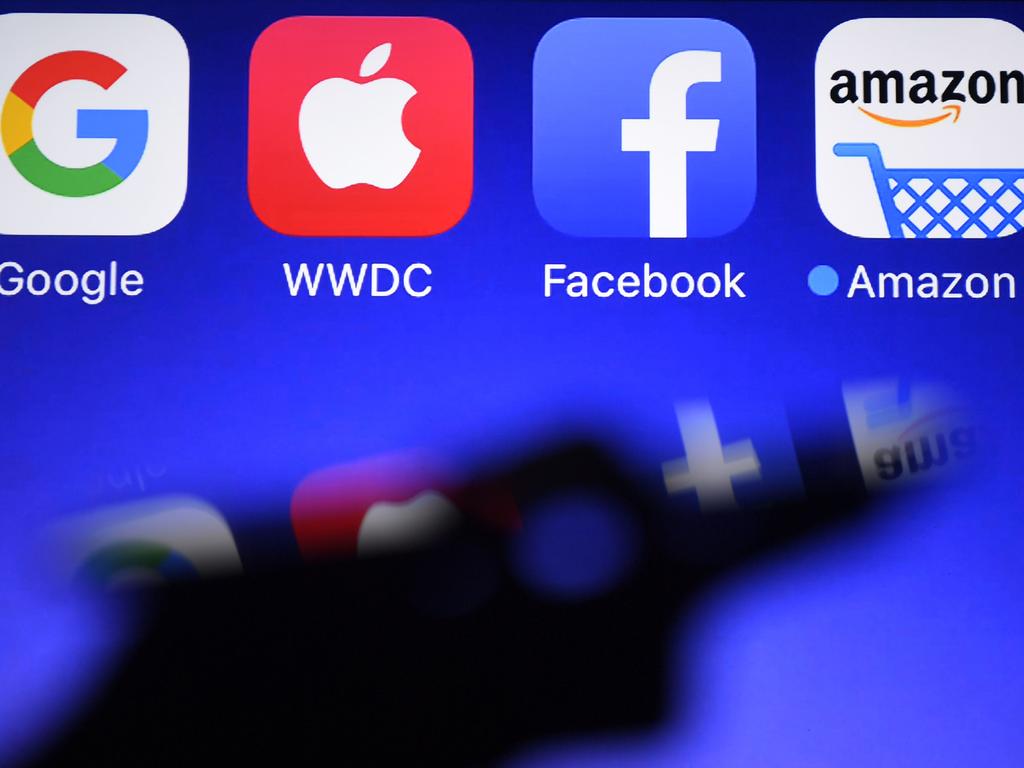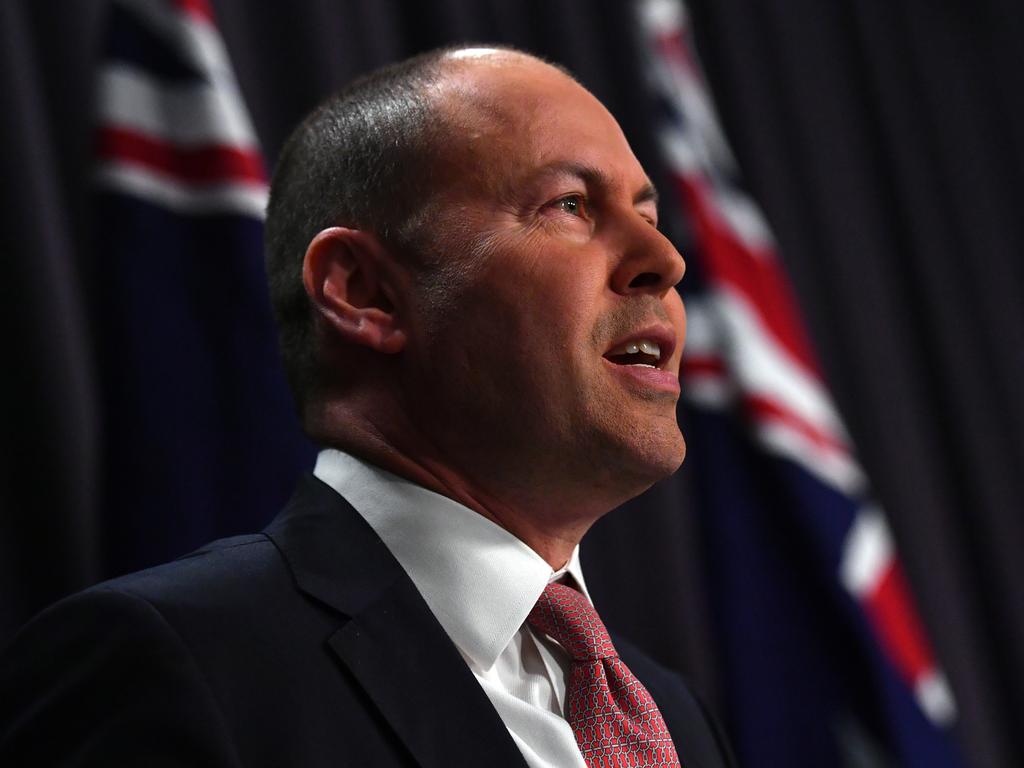Facebook maintains its threat of news blackout
If the media bargaining code becomes law, Facebook will stop allowing publishers and users to share news.

Facebook is still considering blocking Australian users from sharing news on its platform if the federal government’s proposed media bargaining regulations become law.
Despite significant concessions being made to the social media giants, Facebook has not changed its position on the news media bargaining code and is continuing to threaten consumer restrictions on its platform.
If the code — which will govern how Facebook and Google pay local media companies for using content — becomes law, Facebook will stop allowing publishers and users to share news, The Australian understands.
“We’re reviewing the draft legislation tabled by the Australian government,” Facebook Australia managing director Will Easton said in a statement on Wednesday. “We’ll continue to engage through the upcoming parliamentary process with the goal of landing on a workable framework to support Australia‘s news ecosystem.”
Facebook has lobbied aggressively to water down the legislation. Mr Easton previously described the proposed law as “unprecedented in its reach” and said it sought to regulate every aspect of how the two tech companies do business with news publishers.
The proposed laws would hit Google and Facebook with a penalty of $10m, or 10 per cent of annual Australian turnover, if they refuse to negotiate with media organisation in good faith. The two companies would also need to give media companies 14 days’ notice of any algorithm changes that would affect publishers of news.
Google, which has previously criticised the proposal originally formulated by the Australian Competition and Consumer Commission, has yet to formally respond to the final legislation unveiled earlier this week.
“There is a fundamental bargaining power imbalance between news media businesses and the major digital platforms, partly because news businesses have no option but to deal with the platforms, and have had little ability to negotiate over payment for their content or other issues,” the competition regulator’s chairman, Rod Sims, said in July.
Facebook and Google have won significant concessions from the government since that time, with YouTube and Instagram — which are owned by the two companies — struck from the legislation.
Both companies will also be compensated for traffic they provide publishers as party of a new “two-way exchange" principle. The ACCC’s proposal for a 28-day notice period when algorithms which govern how traffic is directed to a publisher has also been halved under the legislation.
Seven West Media managing director James Warburton on Wednesday said the concessions had been significant and the companies should now co-operate with publishers.
“It’s a sensible and fair proposal, as it should be,” Mr Warburton said. “The revised code provides the concessions to the digital platforms that they have been asking for.
“There’s now no reason for Facebook or Google to be unwilling to negotiate fair agreements. Australians will be the winners under the code, with local media businesses that produce local news and content and support local jobs now provided with a pathway to a sustainable future.”
Labor communications spokeswoman Michelle Rowland, speaking after the legislation was unveiled on Wednesday, said it was disappointing how long the plan had taken to put into place.
“While Labor welcomes the introduction of the code to parliament today, the government’s repeated assertions that it would implement the scheme this year have proved false,” she said.
Ms Rowland said Labor was yet to work through the details of the legislation due to a delay in sharing its key details.
Most Senate crossbenchers have also not yet declared whether they will support the bill.
Communications Minister Paul Fletcher told Question Time on Wednesday that the new media bargaining code would be a boost for regional media outlets.
“There is power for news media businesses to collectively bargain with Google and Facebook and we expect that may well be taken up by smaller news media businesses including those in regional Australia,” he said.
Meanwhile, the outgoing US ambassador to Australia, Arthur B. Culvahouse Jr, told The Australian on Wednesday that the proposed laws were an example of “the process working as it should”.
“I suspect Google and Facebook would rather there not be a code of conduct, but at the same time our own government is taking a look at that space,” he said. “The social media space is a space that our Federal Trade Commission, our antitrust authorities and our FCC are taking a look at because it’s very dominant.”







To join the conversation, please log in. Don't have an account? Register
Join the conversation, you are commenting as Logout